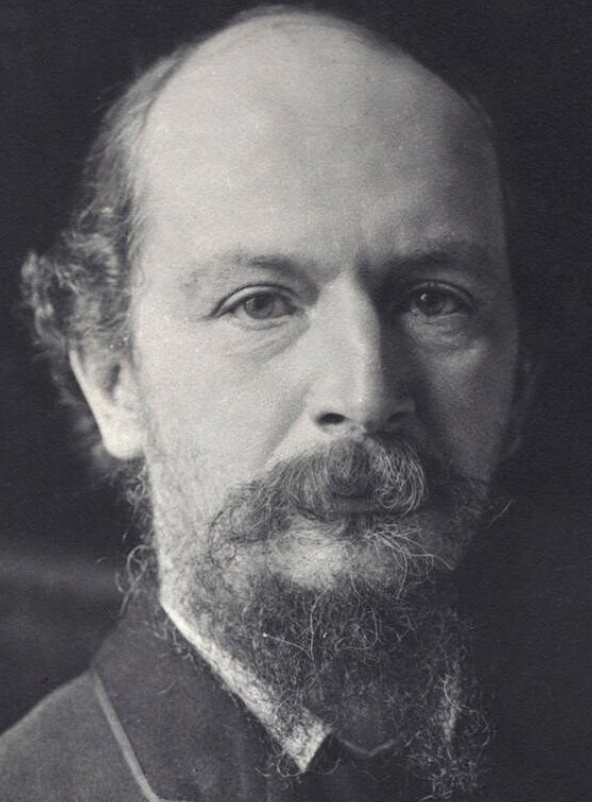On this date in 1837, poet Algernon Charles Swinburne was born in London into an Anglican High Church family. Very pious as a boy, he later used his familiarity with religion and the bible to pillory Christianity in countless poems, most famously in “Before a Crucifix” (1871), in which he has neither “tongue nor knee / For prayer.” In the poem he addresses a shrine as if it were Christ and questions if his coming has produced only a suffering race of men praying to a suffering image of man.
At Oxford he befriended the Pre-Raphaelite set. His poem “Atalanta in Calydon” (1865), which spoke of “the supreme evil, God,” helped launched his highly successful career. That was followed by “Poems and Ballads” (1866), the eroticism of which scandalized Victorian England but added to his poetic panache. He closely followed politics and was invited to represent English poetry in France at a commemoration of Voltaire‘s death in 1878.
Considered “excitable” as a youth and enjoying a reputation as a decadent, Swinburne was rescued from ill health, apparently caused by alcoholism, by legal adviser Theodore Watts. He lived his last 30 years at Watts’ home in great comfort. (D. 1909)


